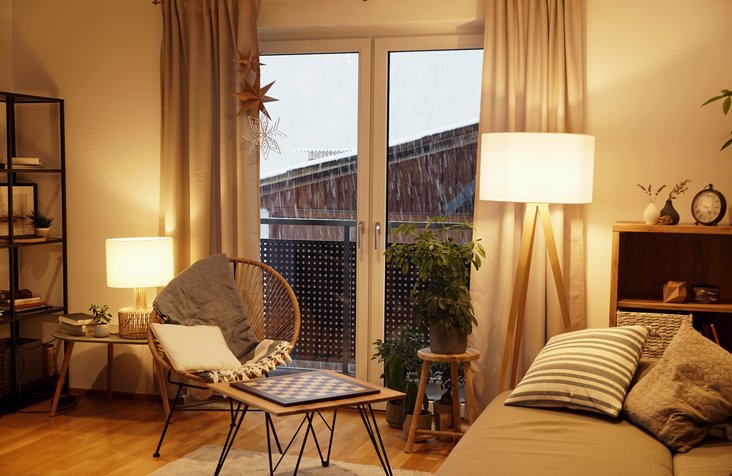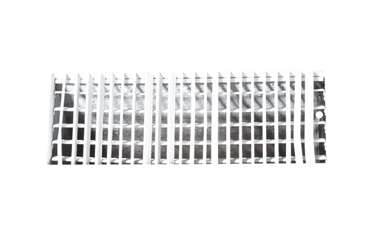What Are the Best Ways to Conserve Energy This Winter?
Exploring ways to conserve energy will give you a road map to energy savings in your home. The effort and financial outlays it takes to improve your home's energy efficiency will pay for itself all year long via lower heating and cooling costs and greater health and comfort. Read on to learn about the best ways to conserve energy.
Have your heating system serviced. The technicians from Air Assurance go through the entire system cleaning, adjusting, and verifying that it's running as efficiently and as safely as possible.
Add a programmable thermostat. When you have your system serviced, ask the technician about installing a programmable or smart thermostat to help you save energy. You can reduce heating costs by turning the temperature down when you're away and during the night. Smart thermostats give you even more options for controlling home comfort that can help you save energy.
Check the doors and windows for air infiltration and thermal losses. Dual- or triple-pane windows prevent much heat loss through the glass, while single-pane windows have almost no insulating value. You can use storm windows or plastic window film kits from local or online retailers.
Over time, the weatherstripping around doors and windows wears out and needs replacing. Locking the doors and windows helps prevent drafts. Draft blockers placed at the base of the doors and windows are one of the best ways to conserve energy.
Look for other signs of air leaks around the exterior walls and the ceiling plate. Electrical switches and outlets could be leaking cold air into your home. Recessed lighting that protrudes into the attic is another source of energy loss. Vents and fans can also need additional insulation or sealing.
Check insulation levels in the attic. Then add more insulation if you can see the tops of the ceiling joists.
Lower the water heater's temperature to 120 degrees. Water heaters rank high on the list of energy-hungry home appliances. This temperature also prevents accidental scalding injuries and hard-water deposits from forming in the tank.
If you'd like more ways to conserve energy, contact the pros at Air Assurance. We provide HVAC services for Broken Arrow homeowners.







